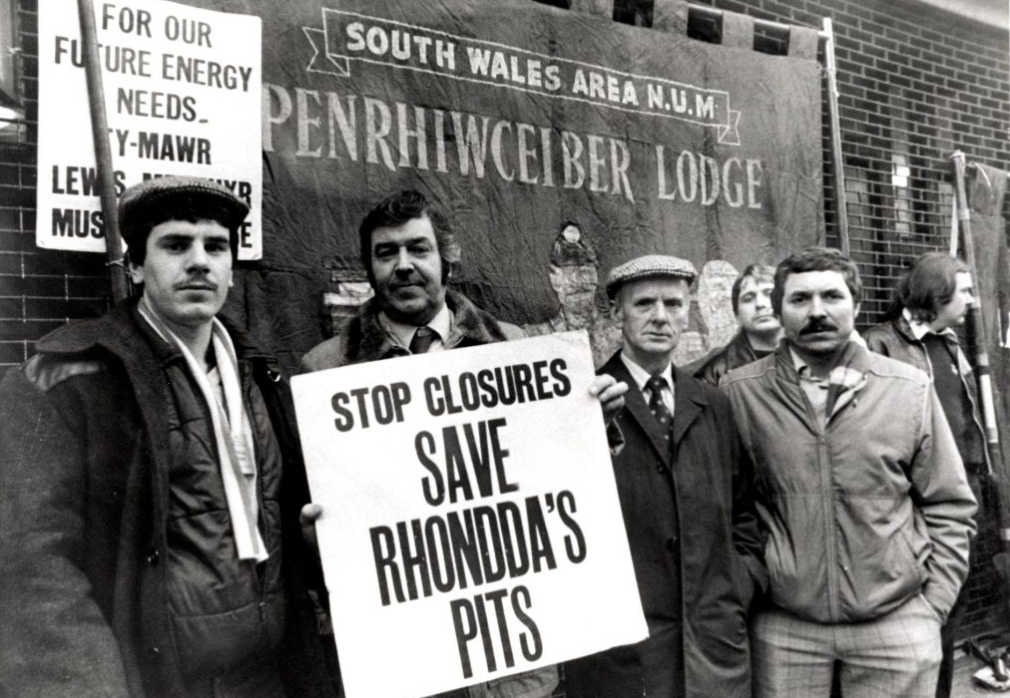
It was one of my strangest dreams. I was in a chip shop in the Rhondda Fach in South Wales in 1985, watching miners’ leader Arthur Scargill sadly announce it was all over. The year-long battle to stop the mass closure of Britain’s coal mines had ended in defeat.
The dream was just that. But it reflected the painful reality of that March day in 1985. The miners of Maerdy in the Rhondda Fach marched proudly back to work, but we all knew that the Thatcher government had won a bitter struggle.
The strike began forty years ago on 6 March 1984, after the National Coal Board announced that 20 mines would close, with the loss of 20,000 jobs. Scargill said that the government would close far more mines (ultimately he was proved right in the years after the strike ended).
The battle that followed was Britain’s last great industrial confrontation, which left many of us with deeply conflicting emotions. The British people had long admired the miners, enduring one of the hardest and most dangerous ways to earn a living. (I blogged about some of the tragedies that struck South Wales in this blogpost.) They also sympathised with colliery communities such as Penrhiwceiber and Maerdy. These isolated villages existed to serve the coal trade, and faced a bleak future if Thatcher axed the coal industry. The women of those communities were magnificent in the grim months of 1984 and beyond, fighting for justice and speaking with eloquence.
Continue reading